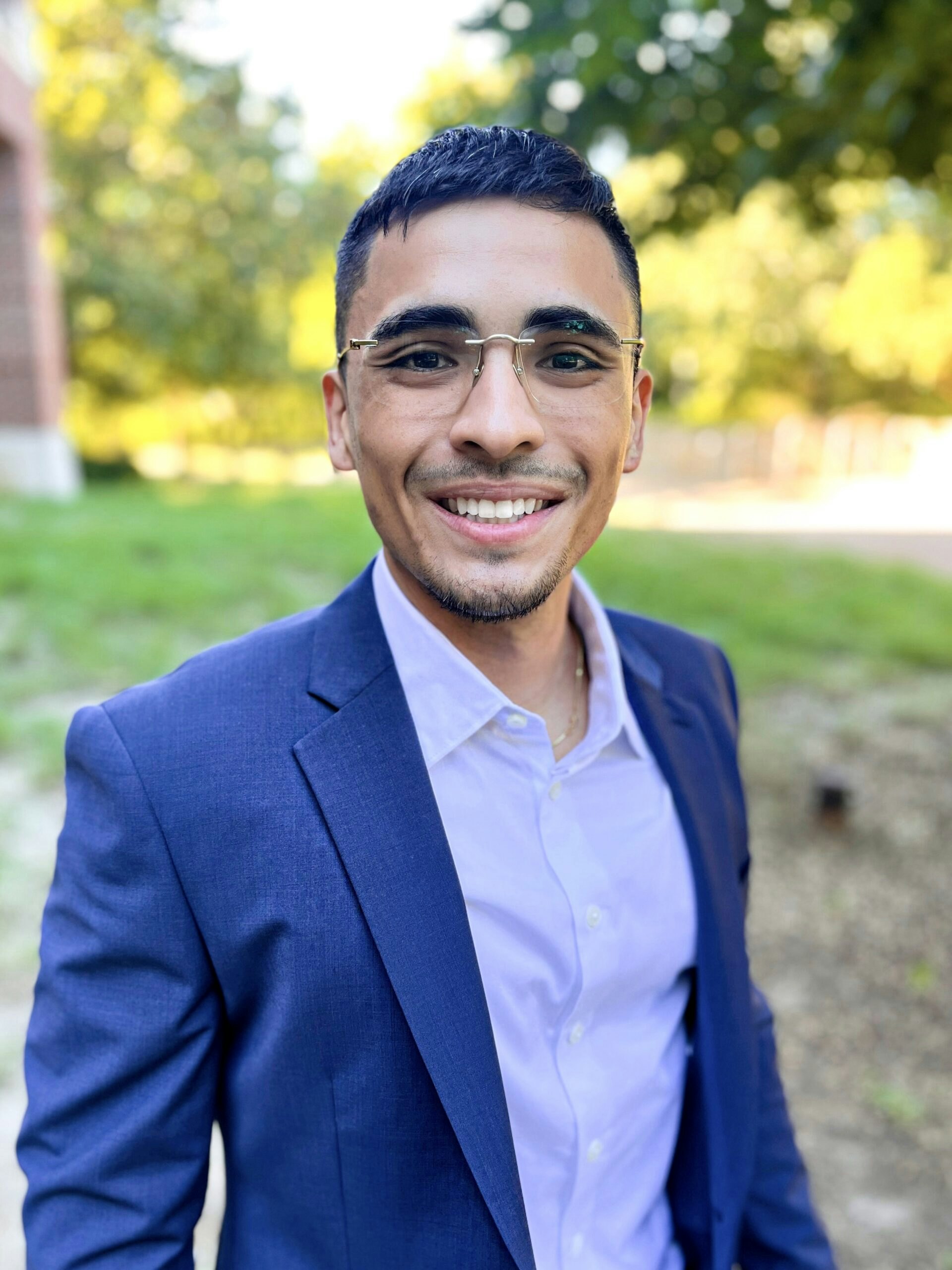Africa will represent 25% of the global population by 2050. The continent’s vast amounts of arable land and natural resources mean Africa is primed to hold several of the fastest-growing global economies, with considerable growth in manufacturing, service, and consumer markets. Eighteen African countries will also hold a national election in 2024, providing an opportunity to reverse years of global democratic backsliding.
It is time for the U.S. to prioritize its relationship with Africa and build upon its existing partnerships with African nations. With the right approach, the U.S. can be a catalyst for the continent’s growth toward a more prosperous and democratic future.
In May, Kenyan President William Ruto’s official state visit to the White House was the first by an African leader in over 15 years. Several investment deals between the two countries were announced during the trip, including U.S. commitments to provide lending capital and support for private sector investment in Kenya.
The agreements, which are intended to foster economic growth and debt relief in Nairobi, should be seen as a starting point for continued and increased U.S. engagement and investment on the African continent.
The U.S.-Kenya deals build upon a long history of U.S. engagement across Africa, particularly regarding health and well-being. In the early 2000s, HIV/AIDS had claimed nearly 22 million lives and threatened the livelihood of the entire African continent. In 2003, the U.S. responded to the emergency through the launch of the President’s Emergency Plan for AIDS Relief (PEPFAR) – the most successful global health initiative in U.S. history, which has saved more than 25 million lives.
In 2004, the George W. Bush administration launched the Millennium Challenge Corporation, an initiative focused on results-based and country-specific investment opportunities in developing countries. Since its inception, MCC has helped to lift more than 300 million people out of poverty.
MCC and PEPFAR do more than save lives and support economies. The programs emphasize the importance of accountability, civil society engagement, and transparent programming. Through the work of MCC and PEPFAR, these democratic values have become instilled across all levels of country governance in African partner countries.
Despite over twenty years of partnership, several countries across the continent continue to face challenges that damage their economic well-being and development. According to UNAIDS, HIV/AIDS is the leading cause of death for women of reproductive age, threatening the well-being of the most productive members of African society. Seven countries across the Sahel region have experienced military coups over the last four years.
These challenges threaten the development of economic and diplomatic relations between the U.S. and African countries. Due to high-risk levels tied to political and security instability, weak regulatory infrastructure, and insufficient economic interconnectivity between continental partners, African countries need help attracting sufficient investment and financing.
Washington’s priority should lie in absorbing the perceived risk governments and the private sector see when considering investment in Africa. By tackling the associated challenges across the continent, the U.S. can create a more attractive business environment.
The Millenium Challenge Corporation requires countries to meet specific criteria to receive assistance, including advancing gender equality, controlling corruption, education expenditure, and other related metrics. These indicators foster sustainability, hold countries accountable, and instill democratic values that support future investments. A similar partner system can be launched for countries that exceed the financial threshold required to meet assistance through MCC, reaching a much wider range of African countries.
Furthermore, the U.S. public and private sectors should work with regulatory bodies across the continent to help develop their regulatory infrastructures into systems that meet international standards. Cooperation in this aspect should center around sustainable business practices, such as strengthening transparency, free and open markets, and business privacy and labor laws.
Lastly, the U.S. and Africa should make secondary and tertiary cities, growing cities with less resources and support than other major cities, their focus – particularly in the infrastructure, education, and health sectors.
Data-driven programming complemented by civil society engagement is a cornerstone of PEPFAR’s success and has ensured that resources are placed in areas that need it most. The U.S. should utilize a similar approach to determine where economic investment will be the most impactful. By doing so, the U.S. can become a valuable contributor to the economic growth of partner cities across the continent, creating a more inter-connected Africa that can do business with other economic business hubs such as Nairobi, Accra, and Johannesburg, as well as international economies.
Such a strategy will create new and safe alternatives for partnership between the U.S. and Africa, which has suffered from several financial agreements that are fraught with secrecy and terms unfavorable to African countries, according to Dr. Akinwumi Adesina, head of the African Development Bank Group.
U.S. engagement in Africa was at its peak over twenty years ago. But as international crises unwind across the globe, that engagement has stagnated. Africa is at a crossroads. Countries, cities, and young people on the continent are at the precipice of unprecedented economic growth, democratic governance, and opportunity. Failure to continue the momentum of programs started over twenty years ago would pose significant losses to both the United States and Africa.































